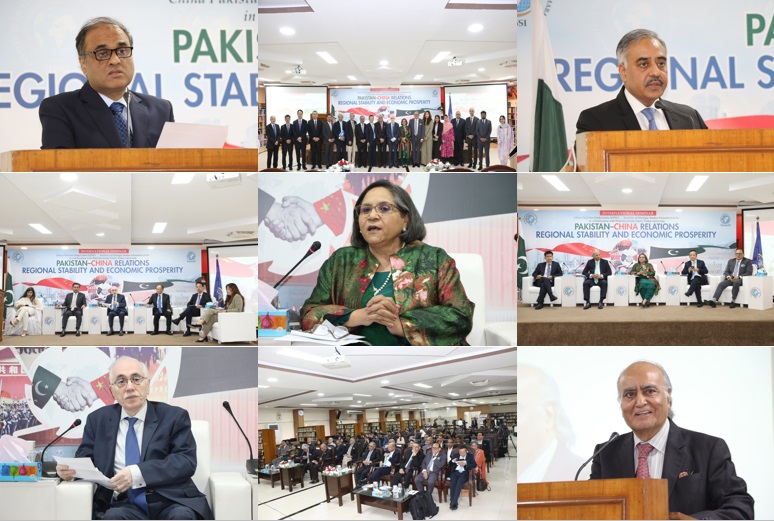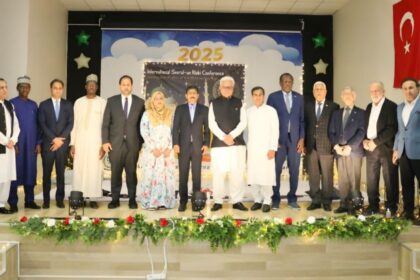The China Pakistan Study Centre at the Institute of Strategic Studies Islamabad, in partnership with the Pakistan Study Centre at Fudan University, convened an international seminar on Pakistan China Relations and their role in regional stability and economic prosperity.
Ambassador Sohail Mahmood, Director General ISSI, said Pakistan China Relations remain the cornerstone of Pakistan’s foreign policy and praised enduring mutual respect and strategic trust. He pointed to CPEC as transformative for Pakistan’s development and a catalyst for regional connectivity, highlighting the newly agreed China Pakistan Action Plan 2025–2029 as a framework to deepen cooperation in technology, digital economy, green development, and industrial upgrading.
The Director General also underscored China’s peaceful rise and reiterated Pakistan’s support for President Xi Jinping’s global initiatives. He urged regional countries to consider those initiatives as tools to tackle development and security deficits in South Asia and proposed exploring a China South Asia Summit format to reimagine regional economic cooperation ahead of the 75th anniversary of diplomatic ties in 2026.
Ambassador Imran Ahmed Siddiqui, Additional Foreign Secretary Asia Pacific, Ministry of Foreign Affairs, described the partnership as resilient and expanding into new domains. He highlighted the synergy between CPEC and Pakistan’s Economic Transformation Plan URAAN and said the second phase of CPEC should reinforce infrastructure and energy while accelerating cooperation in artificial intelligence, biotechnology, renewable energy, and digital innovation to meet 21st century economic demands.
The session on security cooperation chaired by Ambassador Masood Khalid examined practical steps to secure regional stability. Dr Zahir Kazmi proposed maritime safety networks and CPEC resilience exercises, while speakers from China stressed that education, youth empowerment, poverty reduction, scholarships, and training programmes must complement military and strategic measures. Participants also discussed renewed threats from militant groups and the need for joint platforms for dialogue and threat assessment.
The economic cooperation session chaired by Ambassador Naghmana Hashmi explored regional prosperity through expanded connectivity. Proposals included creating SAECO Plus for China related engagement, transforming CPEC into a genuinely regional initiative with outreach to Afghanistan, Central Asia, Iran, and Azerbaijan, and prioritising digital connectivity, green infrastructure, and renewable energy. Chinese scholars urged industrial cooperation in electronics, agriculture, and manufacturing and called for an open, inclusive CPEC 2.0 focused on smaller projects that deliver direct local benefits.
Dr Talat Shabbir, Director CPSC, reiterated that CPEC remains a central pillar of Pakistan China Relations by strengthening economic foundations and fostering regional links. Ambassador Khalid Mahmood, Chairman Board of Governors ISSI, closed the seminar by reaffirming Pakistan’s strong support for partnership with China to advance regional stability and economic cooperation.
The seminar drew diplomats, scholars, and practitioners from both countries for detailed exchanges on bilateral ties and their broader regional implications, reinforcing a shared agenda to leverage Pakistan China Relations for peace and development across South Asia.











